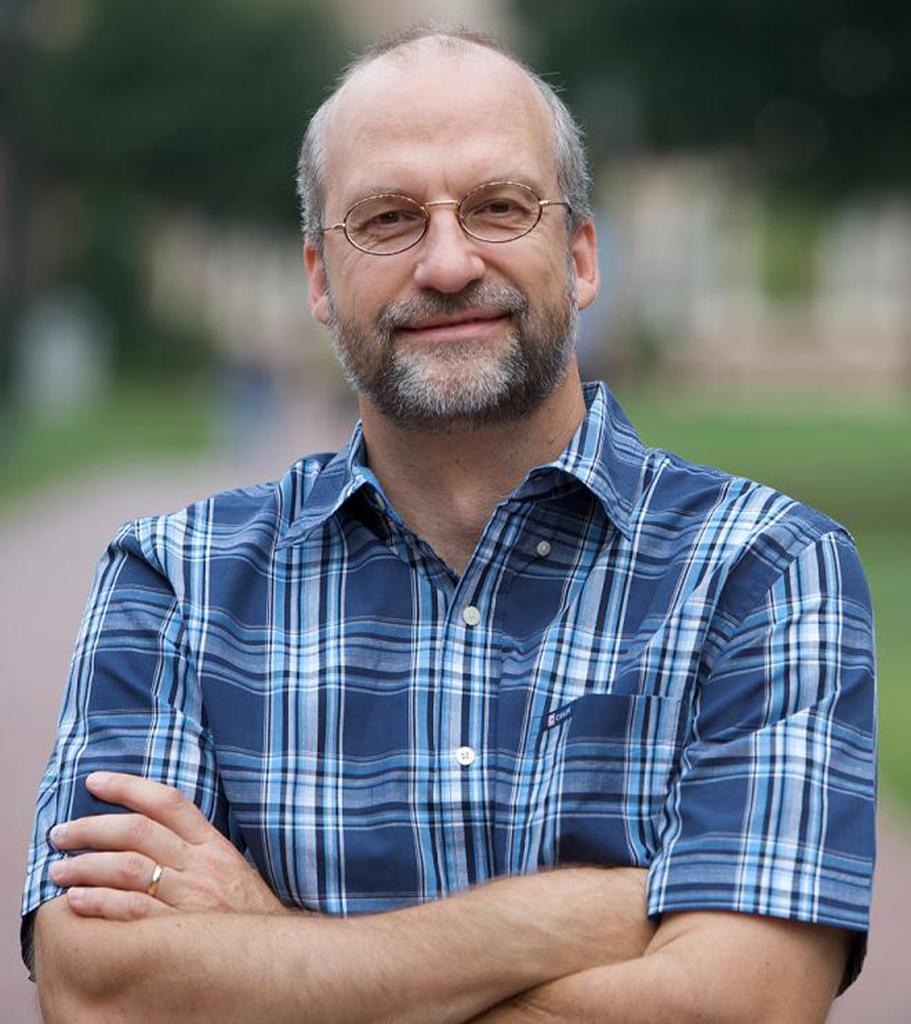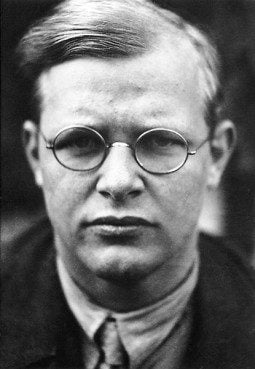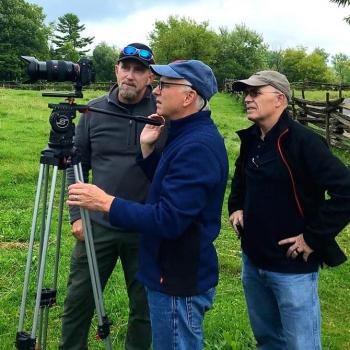
(from the Notre Dame website)
***
I’ve been delinquent in sharing a link to an article that I published three days ago in Meridian Magazine:
“A Historical Case for the Literal Resurrection of Jesus”
I hope that at least a few out there will find it either helpful or useful or both.
***
On Wednesday, 13 October 2021, I will be delivering a lecture in West Jordan, Utah, in connection with the Interpreter Foundation’s “Ultimate Egypt Tour” the following month. It is part of a special sub-series within the “Learn Our Religion” lecture series that is hosted by Cruise Lady: Latter-day Adventures. All such lectures are held at the Jordan Event Center, which is located at 9112 South Redwood Road in West Jordan (right behind the Cruise Lady office) and all begin at 7 PM.
Prices for “Learn Our Religion” lectures are normally $5 per person per lecture. However, for this very special series, admission is free. But space is limited, so reservations are appreciated. Call 801-453-9444.
I will address the topic of
“What You Need to Know About Egypt’s Most Recent Two Thousand Years”
***

(Anti-Nazi martyr, 1906-1945)
I’ve long loved this quotation from Dietrich Bonhoeffer, the great German pastor, theologian, and martyr, and I’m grateful to someone named Mike Chon for reminding us of it by posting it on Facebook and to John D. Johnson for sharing it.
Dr. Bonhoeffer was asked in 1943 how it was possible that the German Christian churches had sat back and allowed Adolf Hitler seize absolute power. His decisive answer? “It was the teaching of cheap grace.” And he explained what he meant:
***
I’m told that Brian Hauglid says that he has not severed all ties with me. I’m happy to be corrected on this. Brian and I go back quite a ways. I served, for instance, on his doctoral committee at the University of Utah, and I have long considered him a friend.
***
I recently read Christian Smith’s Atheist Overreach: What Atheism Can’t Deliver (New York City: Oxford University Press, 2019). Professor Smith is an eminent sociologist of religion who is currently based at Notre Dame University, where he is the William R. Kenan, Jr., Professor of Sociology, Director of the Center for Social Research, and Director of the Center for the Study of Religion and Society. I’ll probably write a Meridian Magazine column shortly about the book’s principal thesis but, in the meantime, here are a couple of passages on a secondary topic that I think worthy of sharing:
However, what I observe in such science writing is not simply the result of ignorance and arrogance but instead also often follows from a particular assumption that is powerful but rarely explicitly stated. This assumption is fallacious. It sounds like this: if science cannot observe or discover something, then it cannot be real or true. Stated slightly differently: the only things that could be true or real are those that science can observe and validate. This is what we call vulgar imperialistic scientism. (Not science but the ideology of scientism.) And running at even deeper levels, driving imperialistic scientism, are the prescientific presuppositions of naturalism, materialism, and empiricism. With all of these assumptions at work. science is turned from (1) one fantastic way to know many things about ourselves and the world into (2) an imperialist, exclusivist, totalizing source of any and all legitimate knowledge about everything. (93)
I do not disagree with Weinberg’s first statement, that “there is no point in the universe that we discover by the methods of science.” Of course physics cannot discover a point to the universe any more than my kitchen thermometer could tell me what emotions you are feeling inside. Weinberg’s statement about what science cannot discover is obvious. But the problem is that he concludes that because science cannot discover it, there actually in fact is no point to the universe. That is silly. Simply because physics cannot discover the universe’s possible point does not mean there isn’t one. All that Weinberg’s conclusion really tells us is that he comes to his argument operating with the working presupposition of imperialistic scientism, that is, that if science cannot observe or discover something, then it cannot be real or true. If we reject that presupposition, as we should, then by other means the universe might be found to have a point, a meaning, a significance.
The bemusing irony in all of this is that the presupposition that authorizes only science to tell us what is real and true, and that produces such dramatic conclusions about the universe’s pointlessness, is not itself a scientific statement and could never, ever itself be validated by empirical science. It is instead a philosophical presupposition, something not unlike a faith commitment. The logic of imperialistic scientism, then, turns out to be internally self-defeating. It depends on a nonscientific position to take the position that only science authorizes us to take positions worth taking. And that is like calling someone on the telephone to tell her that you cannot call her to talk because your telephone is not working. The very claim itself shows that the claim cannot be correct. (94-95)
***
Finally: I’ve avoided posting on politics here for quite a while now. I’m very interested in politics, but I found that at least two donors to the entirely apolitical Interpreter Foundation had decided to withhold their support from the Foundation in order to punish me for expressing the wrong political opinions here on this blog.
I will continue (much as it distresses me) to maintain political silence. What I’m about to say here is not political. It’s merely an explicit recognition of reality.
Donald Trump lost the November 2020 presidential election. He didn’t win it. And he absolutely didn’t win it by a landslide.
There. I’ve said it. Hier stehe ich. And I’m willing to be blackballed for what I’ve said. In a culture of lies, telling the truth can be costly. But I hope that nobody will punish the Interpreter Foundation for my treacherous personal deviationism.












